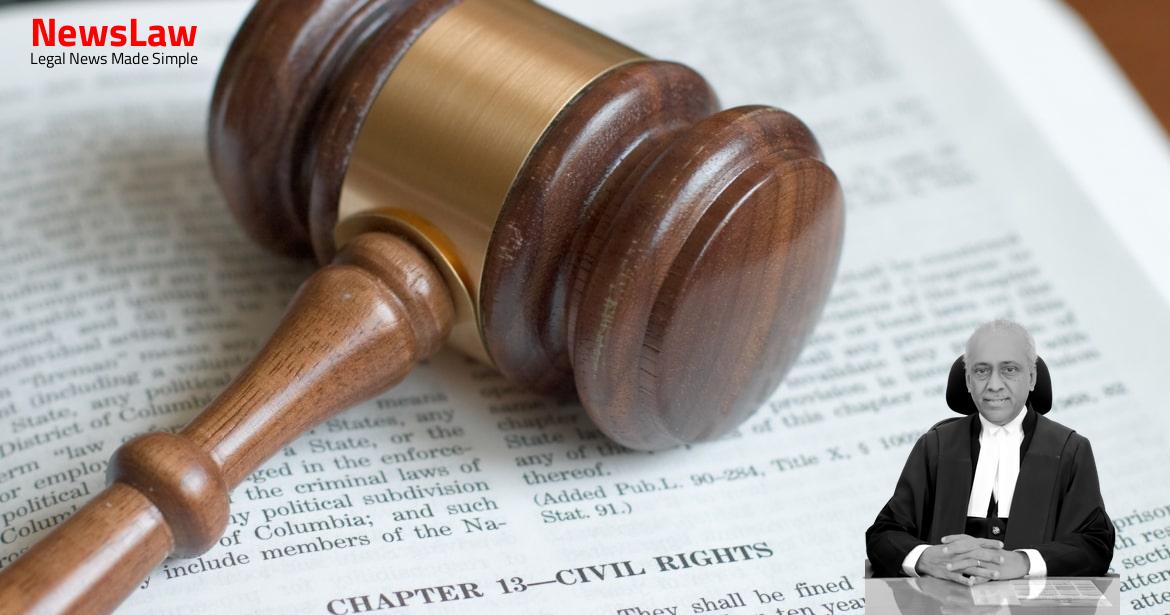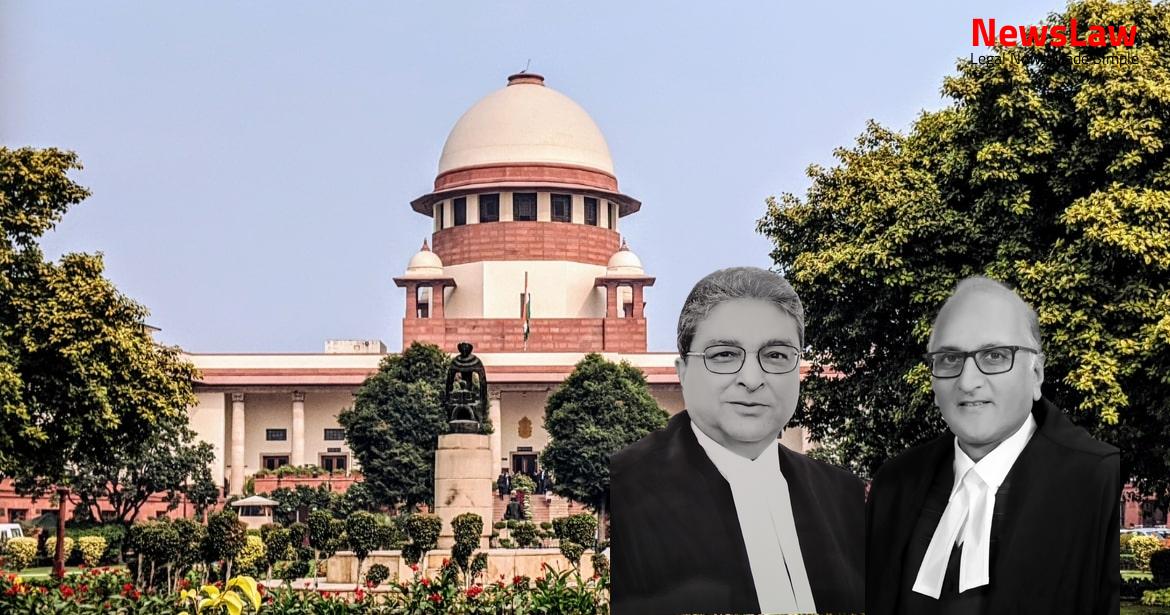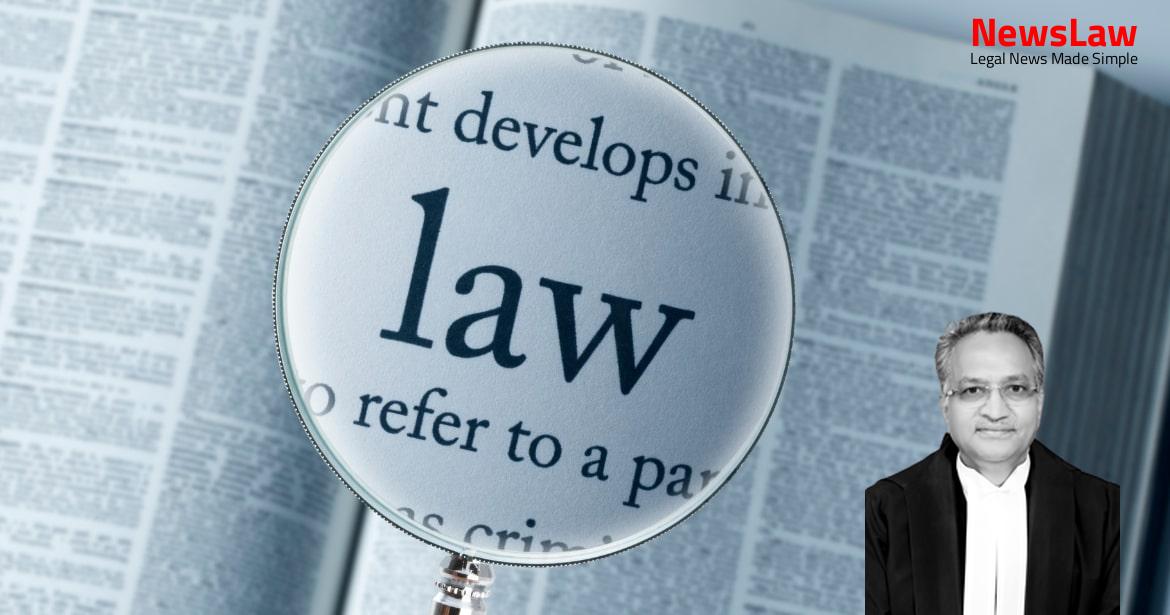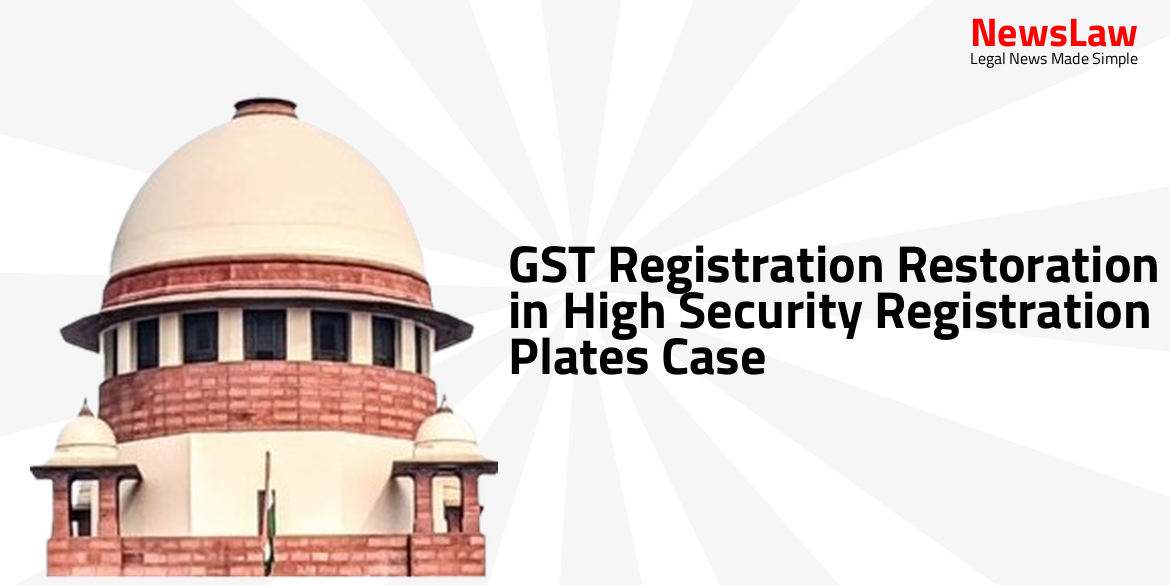The Supreme Court recently delivered a significant judgment on the balance between liberty and security in Jammu and Kashmir. The case involved a challenge to the restrictions imposed on communication, including internet services, raising concerns about freedom of speech and the press. The judgment provides clarity on the legality of such restrictions and emphasizes the importance of proportionality in the government’s actions to safeguard both security and civil rights.
Facts
- Security Advisory issued by the Civil Secretariat, Home Department, Government of Jammu and Kashmir advised tourists and Amarnath Yatris to curtail their stay and make arrangements for their return for safety and security purposes.
- Educational institutions and offices were ordered to remain shut until further orders.
- On 04.08.2019, mobile phone networks, internet services, and landline connectivity were discontinued in the valley with restrictions on movement imposed in some areas.
- Constitutional Order 272 was issued on 05.08.2019, applying all provisions of the Constitution of India to the State of Jammu and Kashmir, and modifying Article 367 in its application to the State.
- District Magistrates imposed restrictions on movement and public gatherings under Section 144, Cr.P.C. due to apprehensions of breach of peace and tranquillity.
- The Petitioner in W.P. (C) No. 1031 of 2019 claimed inability to publish the Srinagar edition of Kashmir Times since 06.08.2019 due to imposed restrictions.
- A Co-ordinate Bench ordered on 16.09.2019 that the State of Jammu & Kashmir must make efforts to restore normal life, access to healthcare facilities, and functioning of educational institutions and public transport for the citizens.
- The court emphasized on providing citizens with rights and liberty to the highest extent while ensuring security, without compromising one preference for the other.
- W.P. (C) No 1164 of 2019 was listed before a Co-ordinate Bench on 16.09.2019.
- Notice was issued in the matter with liberty to file additional documents in support of applications for intervention.
- During the hearing on 16.10.2019, the Solicitor General representing the Union of India informed about further developments and relaxation of certain restrictions
- The Solicitor General requested to file another additional affidavit to indicate the steps taken by the Government in relaxing some restrictions.
- Petitioners’ senior counsel mentioned that orders issued by the authorities regarding the restrictions have not been provided to them.
- Solicitor General claimed privilege over those orders but stated they could be produced before the Court.
- The petitioner undertook not to engage in any political rally or activity during the visit.
Issue
- I. The main issue at hand is the balance between liberty and security.
- II. Is the freedom of speech, expression, and profession on the Internet a fundamental right?
- III. Are the restrictions imposed under Section 144 of the Cr.P.C valid?
- IV. Is the prohibition of internet access by the Government justified?
- V. Was the freedom of press of the Petitioner violated?
- VI. Can the Government be exempt from producing all orders under Section 144, Cr.P.C and Suspension Rules?
Also Read: CRPF Act: Validity of Rule 27 for Compulsory Retirement – Case of Head Constable vs. CRPF
Arguments
- The Petitioners argued that the restrictions imposed on communication, including internet services, were unreasonable and lacked proper justification.
- They emphasized that the State should have taken less restrictive measures, such as targeting specific websites instead of a blanket restriction.
- The Petitioners contended that there was a lack of transparency in the orders passed under Section 144, Cr.P.C., and that these orders should have been made public.
- They raised concerns about the impact of the restrictions on freedom of speech and the press, highlighting the essential role of the internet in modern journalism.
- The Petitioners also questioned the application of mind in passing the orders, suggesting that a more balanced approach should have been taken considering individual rights and security concerns.
- They pointed out the necessity for proportionality in the restrictions imposed and highlighted the importance of following proper legal procedures under the Suspension Rules.
- The Petitioners stressed the need for a more targeted approach to address security concerns without disproportionately affecting fundamental rights.
- Petitioners claim that the police are still restricting movement during the day despite Respondents stating otherwise.
- State should follow legal procedures and consider citizen’s rights when imposing restrictions.
- Intervenors support the restrictions as necessary and lawful, and claim that normalcy is returning to Jammu and Kashmir.
- The orders passed under Suspension Rules are said to be in compliance with the procedure and are under review.
Also Read: DAMEPL vs. DMRC: Curative Petition and Arbitral Award Restoration
Analysis
- The aforesaid test needs to be contrasted with its Canadian counterpart also known as the Oakes test.
- The nature of fundamental rights under Part III of the Constitution is well settled.
- The doctrine of proportionality requires a restriction to be tailored in accordance with the territorial extent of the restriction, the stage of emergency, nature of urgency, duration of such restrictive measure, and nature of such restriction.
- The principle of chilling effect was utilized initially in a limited context, that a person could be restricted from exercising his protected right due to the ambiguous nature of an overbroad statute.
- The concept of proportionality requires a restriction to be tailored in accordance with the territorial extent of the restriction, the stage of emergency, nature of urgency, duration of such restrictive measure, and nature of such restriction.
- Section 144, Cr.P.C enables the State to maintain public peace by taking preventive measures.
- The power under Section 144, Cr.P.C can only be invoked in urgent cases of nuisance or apprehended danger.
- The power under Section 144, Cr.P.C should not be used to suppress legitimate expression of opinion or exercise of democratic rights.
- An order passed under Section 144, Cr.P.C should state material facts for judicial review.
- The Magistrate must act judicially while rescinding or modifying the order under Section 144, Cr.P.C.
- The Review Committee constituted by the Central and State Governments play a crucial role in examining the necessity and validity of orders passed under the Section.
- The power under Section 144, Cr.P.C must be exercised in a proportional and least intrusive manner, considering the rights and restrictions involved.
Decision
- The State/competent authorities are directed to consider allowing certain essential services in regions where internet services are still suspended.
- The petitioner is permitted to visit specific districts subject to any restrictions in place.
- All pending applications are disposed of and the Writ Petitions are concluded with the mentioned terms.
- Orders not in accordance with the stated law must be revoked, and a Review Committee is directed to conduct periodic reviews of suspension rules.
- Repetitive orders under Section 144, Cr.P.C. are deemed as an abuse of power and should be avoided.
- A review of all orders suspending internet services is directed by the State/competent authorities.
- A review of the need for continuance of any existing orders under Section 144, Cr.P.C. is directed to be done promptly.
Case Title: ANURADHA BHASIN Vs. UNION OF INDIA (2020 INSC 31)
Case Number: W.P.(C) No.-001031 / 2019



